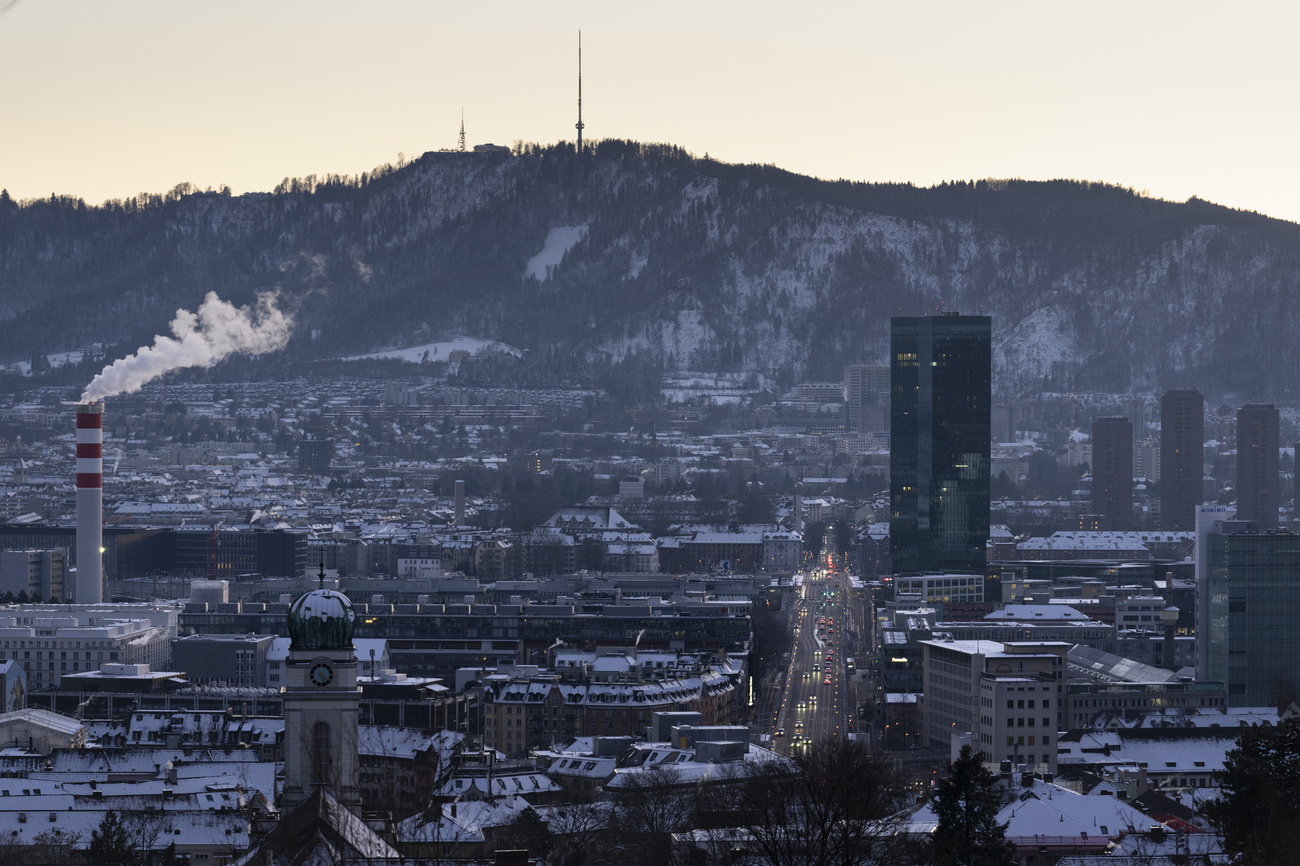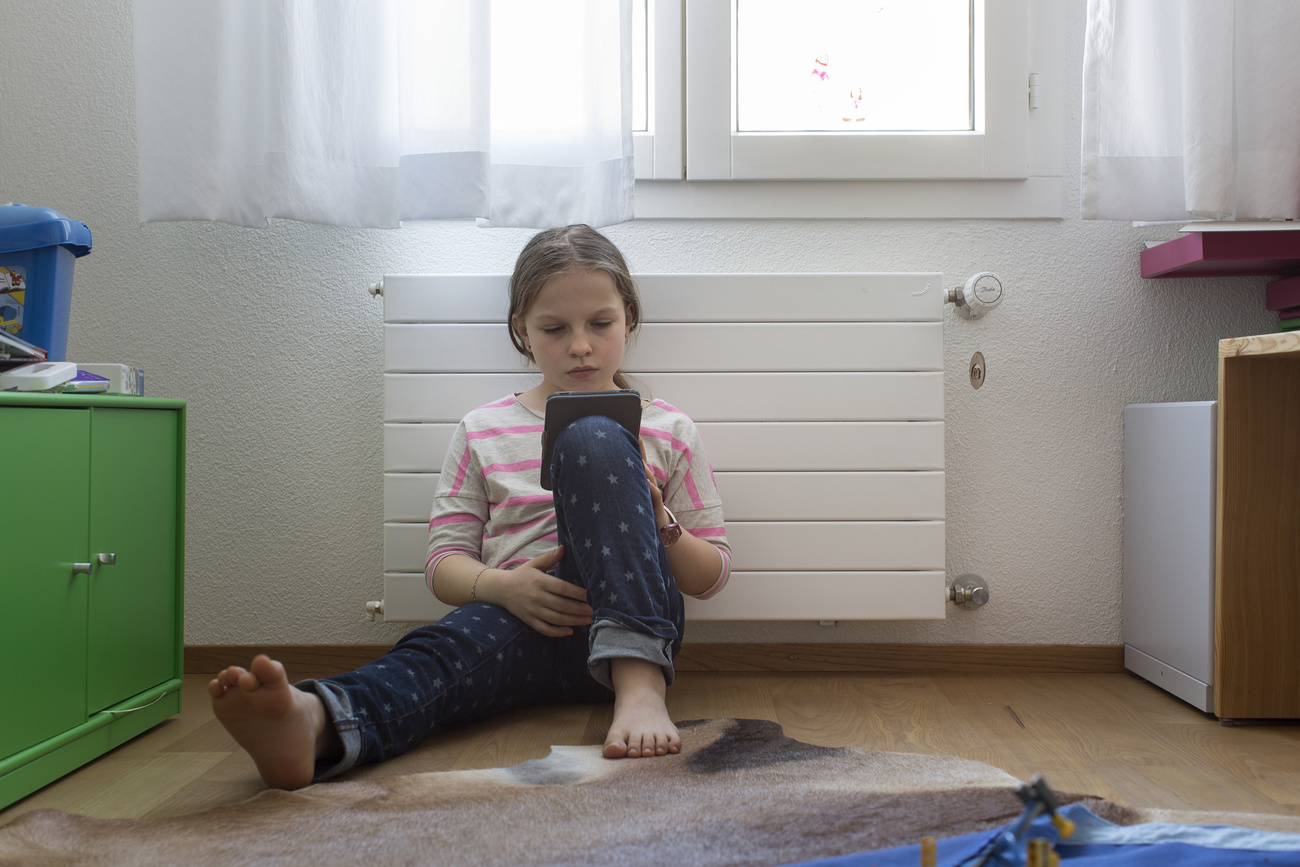
Switzerland significantly exceeded winter gas savings target

Switzerland exceeded its voluntary gas savings target this winter. Compared to average consumption between 2017 and 2022, the target was to reduce gas consumption by 15%. However, according to provisional government figures, it was 23% less.
The target was 3,997 gigawatt hours (GWh) of gas savings, regardless of the weather, over the winter half-year, i.e. from the beginning of October 2023 to the end of March 2024. According to the Swiss Federal Office of Energy’s (SFOE) dashboard, 6,102 GWh have now been saved, although the figures for March are only estimates.
January, which was 1.5°C warmer than the standard temperature, was the only one of the six autumn and winter months below the savings target in terms of consumption. In November 2023, however – 0.6°C warmer than average – the target was achieved. The target was met throughout the winter even when the above-average temperatures are factored out.
According to the energy dashboard, the price of gas for end users fell over the course of the winter and was also lower than the previous winter. Even in November 2023, gas cost significantly more for end consumers than in January 2024.

More
Will Switzerland face an energy crunch this winter?
In Switzerland, around three-quarters of annual gas consumption is used for heating in the winter months. The savings target of 15% should therefore be achieved through voluntary measures in households, industry, services, and administration.
The target was also clearly exceeded last winter when a total of 5,819 GWh or around 22% less gas was consumed. Switzerland had signed up to the EU’s gas savings target to help prevent bottlenecks in the energy supply.
Adapted from German by DeepL/kp
This news story has been written and carefully fact-checked by an external editorial team. At SWI swissinfo.ch we select the most relevant news for an international audience and use automatic translation tools such as DeepL to translate it into English. Providing you with automatically translated news gives us the time to write more in-depth articles.
If you want to know more about how we work, have a look here, and if you have feedback on this news story please write to english@swissinfo.ch.

In compliance with the JTI standards
More: SWI swissinfo.ch certified by the Journalism Trust Initiative





























You can find an overview of ongoing debates with our journalists here . Please join us!
If you want to start a conversation about a topic raised in this article or want to report factual errors, email us at english@swissinfo.ch.